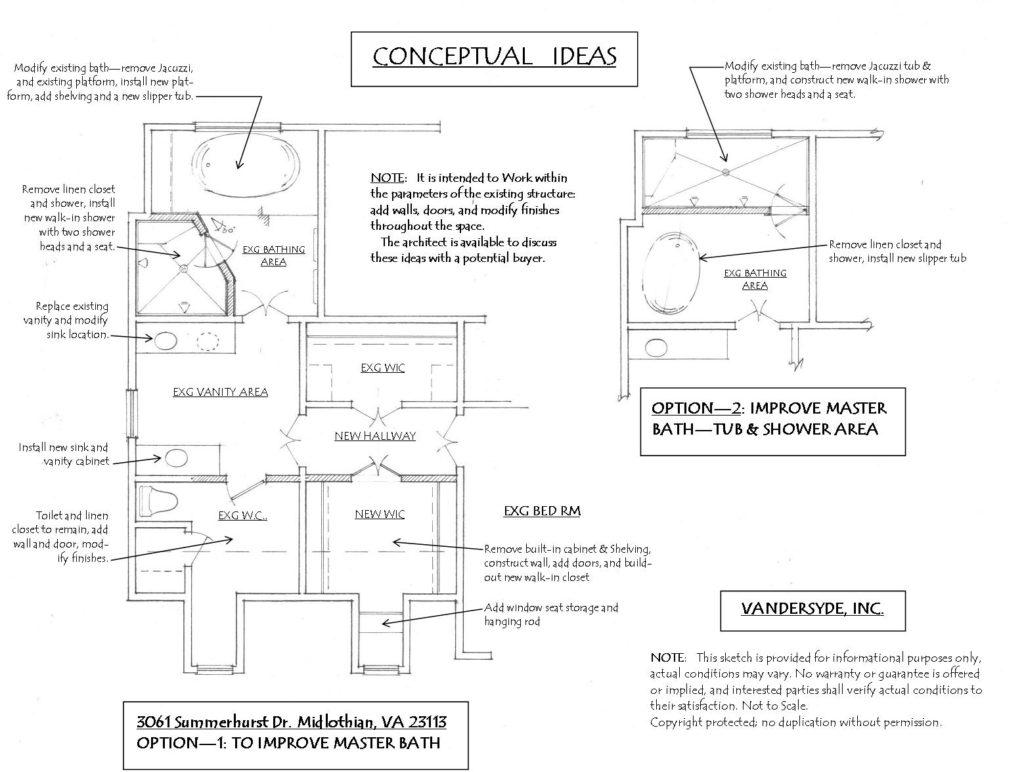Did you find the perfect home and now you’re ready to make an offer? Plan and prepare for the home buying process, so you can walk into your closing with confidence. Avoid a closing delay, or even worse an issue that causes your transaction to fall through. Here are some dos and don’ts from a few experts to ensure a smooth real estate closing.
Take care of the financial process upfront. If you are a serious buyer, it is important to get preapproved for a mortgage loan before shopping around. A preapproval will help determine your qualification and price point. The Prosperity Buyer Advantage is even better than a standard preapproval and will help expedite the financial process at closing, suggests Ron Wivagg, national sales support manager of Prosperity Home Mortgage, LLC. This complimentary pre-approval provides you with a commitment letter in hand.
Lock in your interest rate. When you get preapproved for a mortgage loan, ask your lender if they can lock in the interest rate. Otherwise, there is a possibility your interest rate will rise, while you’re shopping for a home, and you will no longer qualify for the mortgage loan. The Prosperity Buyer Advantage Lock, Shop & Home program will lock in your interest rate for up to 90 days, explains Wivagg.
Schedule a home inspection. According to US Inspect, a partner of Long & Foster’s Home Service Connections, a home inspection empowers the buyer to know the home’s condition and gives them exactly what they need to address potential issues with the seller. “Don’t wait until last minute to schedule your home inspection because otherwise it could delay the closing,†recommends Mark Munsch, marketing manager of US Inspect.
Be prepared to wire your funds. Most settlement companies now require their clients to wire funds for the security of everyone involved in the transaction, explains Julie McConnell, vice president of marketing for Long & Foster Settlement Services. When working with a title company, be sure to confirm the wire instructions over the phone before wiring any funds. This is an important precaution to take to avoid wire fraud.
Ask questions and discuss details ahead of time. Don’t wait until closing day to ask questions, recommends McConnell. Be sure to provide the settlement company with important details, including how you want to hold title (for example: tenants by the entirety, joint tenants, tenants in common) , so they can prepare the deed. Be certain to talk to your settlement company about protecting your property rights by purchasing owner’s title insurance. You can learn more about protecting yourself and your home here.
Don’t make big purchases before closing. Even if you’re preapproved, your lender will check to make sure no recent hits have been made to your credit. You want to avoid purchasing and financing a car, jewelry or any other big item, suggests Wivagg. This could disqualify you for the mortgage loan, causing your transaction to fall through.
Review the Closing Disclosure timely and carefully. According to the Consumer Financial Protection Bureau, your lender is required to give you the Closing Disclosure at least three business days before your scheduled closing date. Be on the lookout, so you can review the Closing Disclosure prior to settlement – this will allow time to resolve any issues before closing, suggests McConnell.
Buying a home is such an exciting life event. Follow these important dos and don’ts to avoid delaying your closing. If you’re considering buying a home and don’t know where to start, contact your local real estate agent – they can walk you through the entire home buying process from contract to close.



 http://
http://




